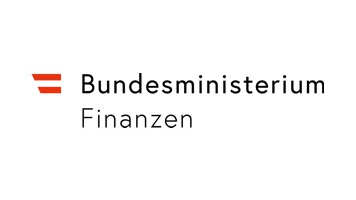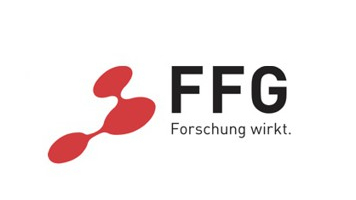The EVIDENZ project addresses the analysis of large multimodal/multimedia datasets, such as those generated during criminal investigations. The primary focus is on developing open, scalable, and compatible approaches for the time-efficient and timely analysis of large data volumes. The research in EVIDENZ is driven by the needs of end users, who are involved from the beginning by defining requirements and being integrated into multiple iterations of the development process.
Another fundamental challenge for (semi-)automated analysis and integration of large datasets is ensuring compliance with legal and ethical frameworks. It must be guaranteed that the application of the tools and methods developed within EVIDENZ adheres to legally compliant and ethically acceptable conditions. It is crucial to design the systems in a way that facilitates compliance with legal requirements for the end users. Moreover, for the evidence to hold up in legal proceedings, its evaluation must be seamless, logically consistent, and sufficiently comprehensible to external parties.
The EVIDENZ project makes a concrete contribution by focusing on three major thematic core areas:
- The design and research of suitable, understandable multimodal AI methods for the minimization, filtering, and prioritization of data relevant to law enforcement scenarios. The technical challenges addressed in EVIDENZ include the high-performance processing of large, heterogeneous datasets that can be efficiently analyzed using innovative (AI) methods; the appropriate integration of the resulting analysis outputs; and, ultimately, the integration of these analysis mechanisms based on an open, scalable, and compatible framework.
- Data validation, where the investigation process is enhanced through new AI-supported algorithms for document analysis, such as adaptive semantic search. This aims to uncover intrinsic (data-to-data) and extrinsic (investigation-related) correlations, connections, or contradictions. This approach enables investigators to collaboratively and efficiently validate large volumes of multimodal data.
- The analysis of social, ethical, and legal implications, which plays an ongoing and integral role in all research activities within EVIDENZ.
Project Lead
Mina Schütz, AIT Austrian Institute of Technology GmbH
Giefinggasse 4
1210 Wien, Österreich
+43 50550-3115
mina.schuetz(at)ait.ac.at - https://www.ait.ac.at
Partners
Bundesministerium für Inneres (BMI)
Herrengasse 7, 1010 Wien
Kontakt: Karl Srnec BMI-I-S-3-SiFo(at)bmi.gv.at
Cybly GmbH
Strubergasse 28/5.OG 5020 Salzburg
Kontakt: DI Christian Sageder, christian.sageder(at)cybly.tech
Bundesministerium für Justiz
Abteilung III 3 - Rechtsinformatik, Informations- und Kommunikationstechnologie, Museumstraße 7, 1070 Wien, Österreich
Kontakt: Klaus Messner, Klaus.Messner(at)bmj.gv.at
Research Institute AG & Co KG Amundsenstraße 9, 1170 Wien
Kontakt: Christof Tschohl christof.tschohl(at)researchinstitute.at


